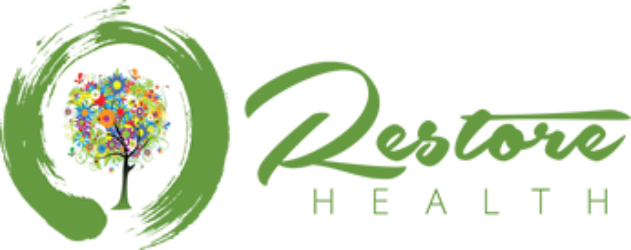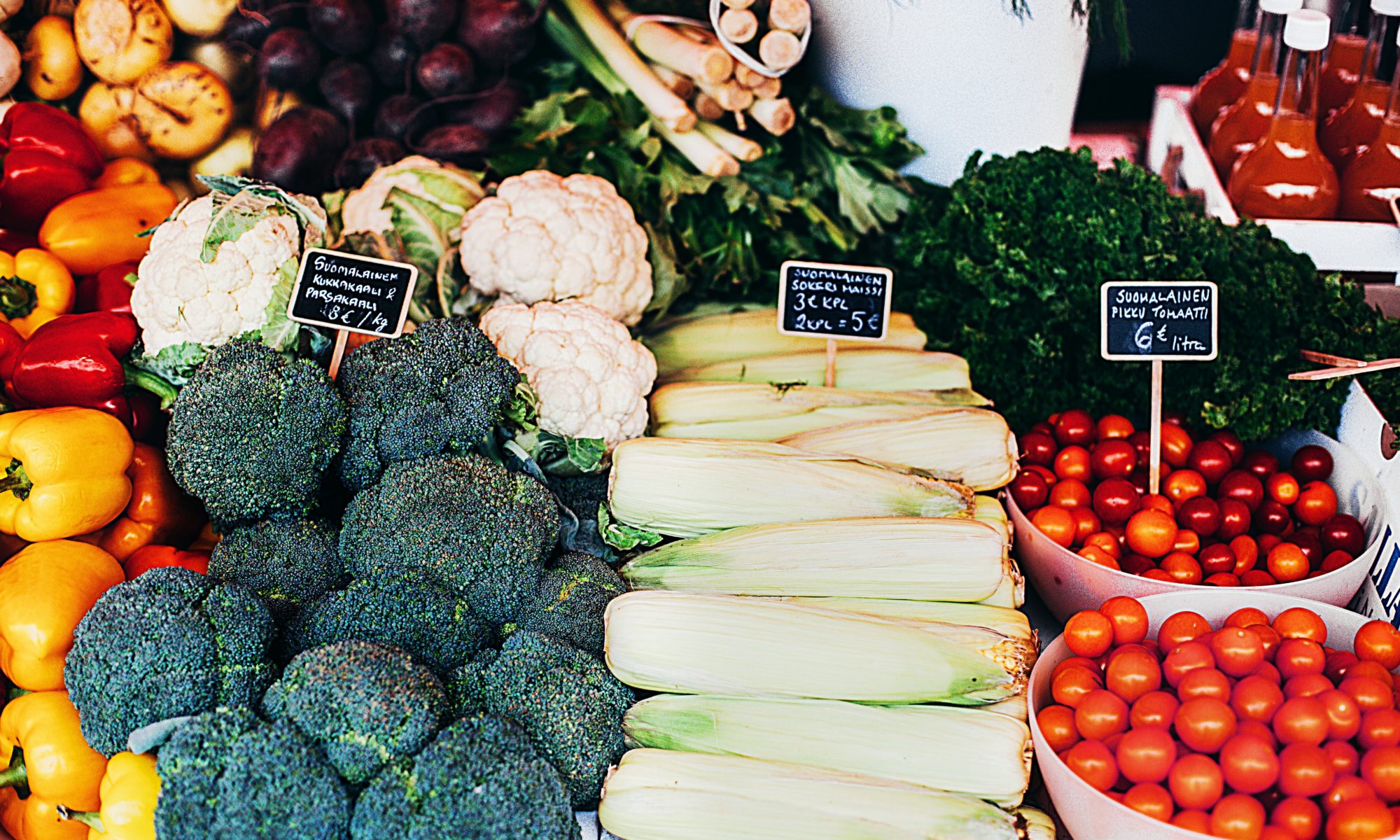At Restore Health Center Loveland, your Colorado Functional Medicine specialists, we are dedicated to a new model of health care that is focused on achieving optimal health, rather than treating disease. We look at the body’s systems rather than just symptoms. This largely includes what foods we’re putting into our body’s systems and the effects that those foods have on our health.
When it comes to eating foods that are instrumental in creating health and wellness, one of the most important considerations is the inclusion of probiotic and prebiotic foods in your diet. According to Medical News Today, “Prebiotics and probiotics both support the body in building and maintaining a healthy colony of bacteria and other microorganisms, which supports the gut and aids in digestion. These food components help promote beneficial bacteria by providing food and creating an environment where microorganisms can flourish.”
This environment where microorganisms can flourish is also called our microbiome. As the Mayo Clinic describes it, “the lining of your gut, like every surface of your body, is covered in microscopic creatures, mostly bacteria. These organisms create a micro-ecosystem called the microbiome. And though we don’t really notice it’s there, it plays an oversized role in your health and can even affect your mood and behavior.”
Check out our previous blog post talking to your Fort Collins GI Doctor about eating for your microbiome for tips on what foods to eat. But one of the most important ways to eat for your microbiome is by including prebiotic and probiotic foods in your diet. The key to a healthy microbiome is creating a balance between all the different species of beneficial bacteria found in the gut. To maintain this balance, we must help the microbes already living thereby giving them the food they need (prebiotics) and adding living microbes directly to your system (probiotics). As a matter of fact, the better the ratio of beneficial bacteria present, the less likely the “non-beneficial” bacteria, fungi and yeast are to overgrow–potentially creating or contributing to poor health.
Prebiotics are mostly present in fiber-rich foods like fruits and vegetables, and especially those that contain complex carbohydrates. As the Mayo Clinic explains, “These carbs aren’t digestible by your body, so they pass through the digestive system to become food for bacteria and other microbes.”
Probiotics, on the other hand, contain live organisms that add directly to the population of healthy microbes already living in your microbiome. You can make sure you’re getting enough probiotics with foods like yogurt, sauerkraut, or kombucha, or with supplements. Keep in mind, that every food or spice creates its own unique probiotic when fermented, so variety is key. If you’re not sure what type of supplements to take or foods to eat to ensure you’re getting enough quality probiotics, you can ask the Functional Medicine specialists at Restore Health.
All in all, the ecosystem in your gut must be healthy for you to be healthy. Normalizing gut function and flora through improved diet, increased fiber intake, daily probiotic supplementation, enzyme therapy, the use of nutrients that repair the gut lining, and the direct treatment of bad bugs in the gut with herbs or medications can be remarkable. Our patients find relief from allergies, acne, arthritis, headaches, autoimmune disease, depression, ADD/ADHD, and more – simply by restoring their delicate gut system.
Please call your Colorado Functional Medicine specialists at Restore Health at 970-278-0900 or visit us online at www.restorehealthcenter.net, so that we can help restore the symbiotic relationship between you and your gut.


